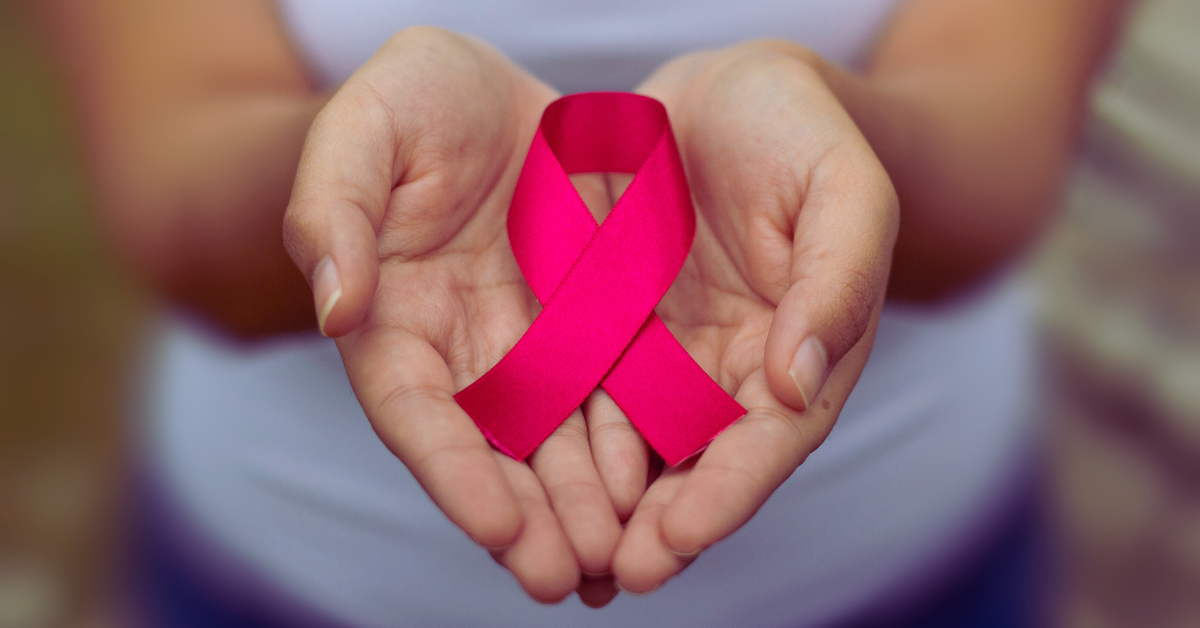Every October, the world dons pink ribbons to mark Breast Cancer Awareness Month, a time dedicated to increasing awareness of breast cancer, raising funds for research, and providing information on early detection. As one of the most common cancers worldwide, breast cancer affects millions of families. This blog post aims to delve into why this month is vital, how you can participate, and what steps you can take to potentially save lives through education and proactive health measures.
Understanding Breast Cancer
What is Breast Cancer?
Breast cancer develops when cells in the breast grow uncontrollably, forming a tumor that can often be seen on an x-ray or felt as a lump. It is predominantly a disease affecting women, although men can be diagnosed with breast cancer as well.
Types of Breast Cancer
- Invasive vs. Non-Invasive: Non-invasive cancers have not spread beyond the milk ducts or lobules in the breast. Invasive cancers have spread into surrounding breast tissue.
- Hormone Receptor Status: Breast cancers can be hormone receptor-positive or negative, affecting treatment options.
Risk Factors
Age, gender, and genetics are among the primary risk factors. Lifestyle choices such as diet, physical activity, and alcohol consumption also play significant roles.
The Importance of Early Detection
Screening Methods
- Mammograms: The most common tool for detecting breast cancer early. Women are encouraged to discuss with their healthcare provider when to begin mammography screening based on their specific risk factors.
- Clinical Breast Exams and Self-Exams: Additional methods that can help detect abnormalities, leading to further testing.
Benefits of Early Detection
Detecting breast cancer early significantly improves the prognosis. Early-stage cancers are easier to treat than later-stage cancers, and typically, treatment is less aggressive. The five-year survival rate for breast cancer when caught early is 99%.
Advances in Breast Cancer Research
Latest Treatments
- Targeted Therapy: Focuses on specific characteristics of cancer cells, like protein expression, to help stop cancer from growing and spreading.
- Immunotherapy: Helps the immune system recognize and destroy cancer cells more effectively.
Research Developments
The continuous research has not only improved treatment outcomes but also enhanced the quality of life for survivors through better management of side effects.
Supporting Those Affected by Breast Cancer
Emotional and Psychological Support
- Support Groups: Many find comfort and community through support groups where they can share experiences and coping strategies.
- Counseling Services: Professional counselors can help manage the emotional and psychological toll of diagnosis and treatment.
Practical Support
- Transportation and Lodging: Organizations like the American Cancer Society offer help with rides to treatment and lodging near treatment centers for those who need to travel far from home.
- Financial Assistance: Various grants and programs can help cover the costs associated with treatment.
A Call to Action
Breast Cancer Awareness Month serves as a powerful reminder of the strength of those affected and the power of a united community. By staying informed, advocating for research, and supporting those battling breast cancer, we can all contribute to a future where this disease takes fewer lives. Let’s wear our pink ribbons proudly and commit to making a difference.

